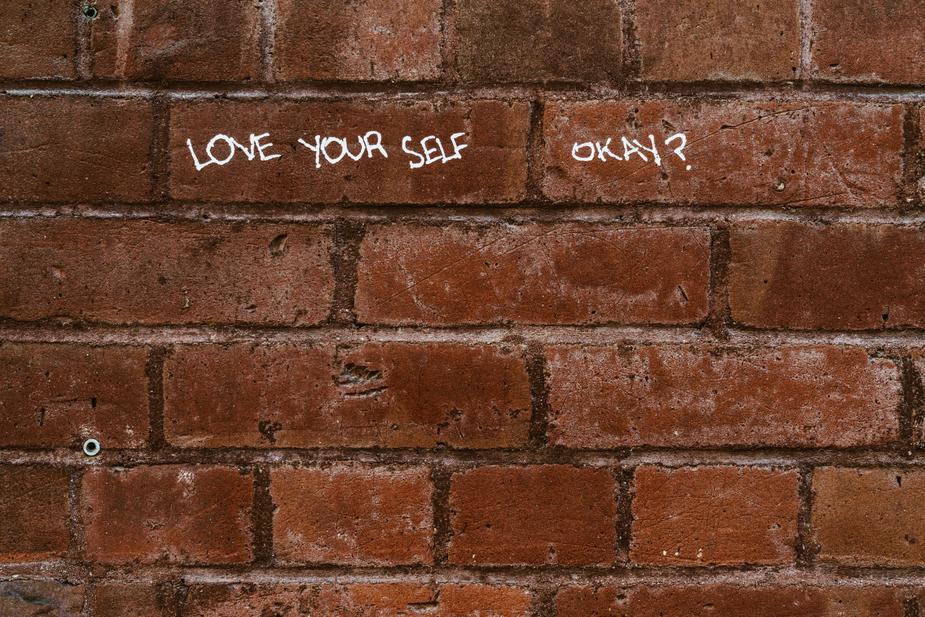“Conflict is growth trying to happen.” — Harville Hendrix
We had this quote carved into the wooden ramp leading to Center for the Healing Arts until the ramp needed to be replaced. I try to remind myself of the meaning as often as I can. Sometimes it’s easier to do so than others.
As a therapist and as a human being, I am always learning about myself in relation to the rest of the world. I will also be the first to admit that I have my own resistance to the process from time to time. Recently, a growth opportunity has presented itself to me regarding my work. I am faced with a chance to grow as a therapist, and I am hesitant to make that leap. This is because the growth is coming to me in the form of conflict. It is not a CEU course I can take online or a workshop I can attend, it’s not the result of some extended meditation practice or journaling endeavor. This is conflict with another person. A chance for me to step through my triggers and insecurities and fears, and potentially grow from the interaction.
In my opinion, it’s fascinating that I do not have to give any other information than that. The details of the situation are irrelevant, and it could very well refer to a multitude of changes in my life right now. Any conflict that arises in my life, whether it be at work or home or elsewhere, results in a similar opportunity.
If you are like me, you might be conflict avoidant. This trait can take so many forms. Some of us are people pleasers, others— like me— put up walls when the conflict gets too close. I get to a place where my boundaries become rigid and used in a reactive method to protect myself. I directly or indirectly end the prospect for dialogue and my defenses become sharp. It’s often well-worded, which makes it even more justifiable. That doesn’t make it healthy.
I’m not suggesting abandoning all boundaries and accepting conflict in whatever form presents itself. We have our limits; burn out is real and not exclusive to therapists. Yet, we must be aware of our avoidance. Is it coming from a place of fear? If I avoid conflict because it is too uncomfortable, when do I give myself the chance to learn from it?
Conflict is growth trying to happen.
I’ve announced on social media and it only makes sense to share it here as well. I am in my fourth month of pregnancy. It was very planned. I am excited, and at the same time, I am absolutely terrified. Reading as much as I can on the subject has probably done just as much to confuse me as settle my fears, and the waiting game at this stage seems like torture.
I am certain that all my flaws will become readily apparent when I am raising a child. My impatience and wall building will not be appropriate methods of handling conflict when it comes to teaching, protecting, and nurturing a little one. The conflict that can be presented in parenting, between parents and kids and parents themselves is daunting. But there is growth there.
With enough time working with teens and the parents of teens as a therapist, as well as being a teenager who sought therapy, I see how the lessons we learned as kids reflect how parents raise their children. And those lessons don’t always work. The world we were raised in is not the same as the world kids are growing up in today. Change is mandatory, and not only on the part of the child. When kids trigger us, it is a clue to look deeper. Something in our childhood is triggered. There is healing to be done and growth is trying to happen.
I’m holding onto this logic as I get closer to motherhood. It’s not always easy to remember, but it certainly helps me to find the courage to address conflicts with diligence. Right now, I see conflict as preparation for what I might encounter as a parent.
Conflict is growth trying to happen.
It is difficult to remember this when conflict is in our face— when someone is being difficult, unwilling to cooperate, abrasive or mean, or when life is throwing challenge after challenge right at us. Yet we must remember if we are to take care of ourselves through this moment— if we are to be any more prepared for the next time conflict arises. Humans are not stagnant creatures. Our brains are not hard-wired.
Conflict calls out our complacency and requires us to change.








